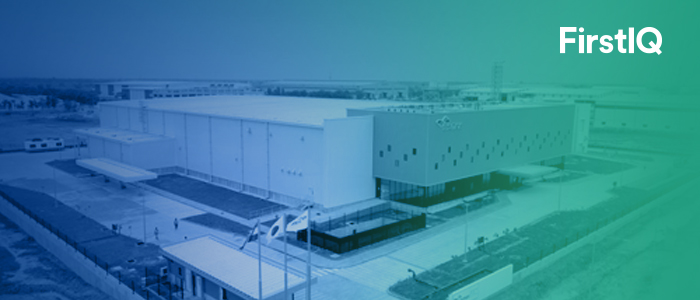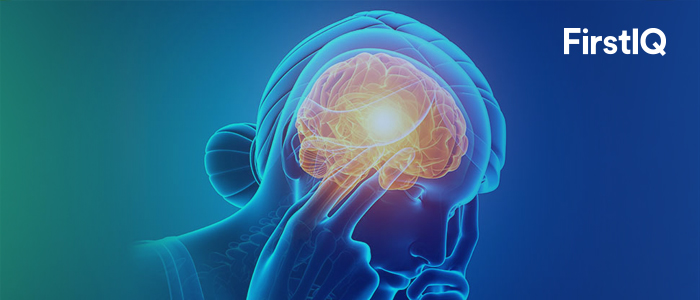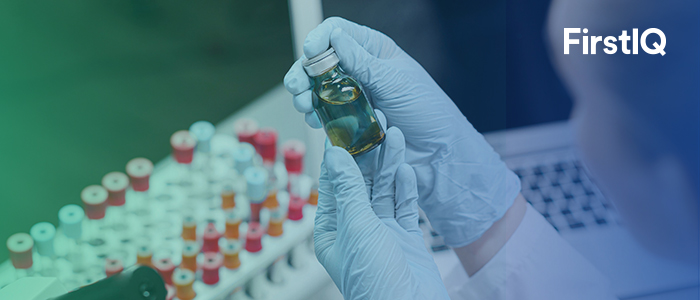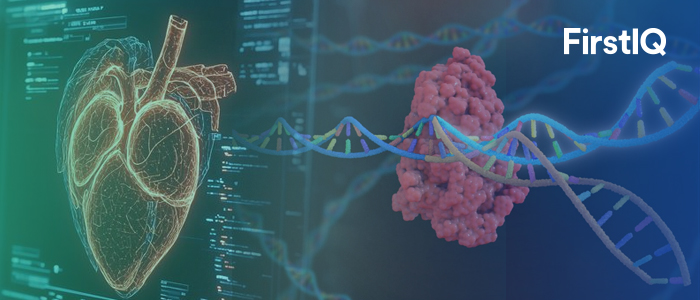AI Meets Early Detection: How Mexico Is Ushering in a New Era of Cancer Screening
.jpg)
The in vitro diagnostics (IVD) industry is rapidly evolving and artificial intelligence is at the epicentre of this transformation. Across Latin America, institutions are beginning to understand and bridge long-standing healthcare gaps using AI.
The recent collaboration between Longevity Medical Institute (LMI) in Mexico and AI diagnostics company OncoInv is proof of this. This partnership in Mexico isn’t just a regional development, it reflects a larger global shift toward decentralized, early stage cancer diagnostics.
The Real-World Challenges Facing Latin America’s Diagnostics Market
Latin America has historically faced multiple barriers in delivering advanced diagnostics. This could be due to a host of problems, such as.
- Geographic hurdles: Rural patients must often travel long distances for screening. This, in turn, hinders the rural population’s access to medical treatment, further diminishing the growth of the market.
According to a survey 21% of the rural population in 14 LAC countries were unable to access healthcare services. In countries like Peru, the rough Andes terrain and dense Amazon forest hinder the possibility of rural communities living in remote regions from accessing healthcare in any form.
- Delays in turnaround time (TAT): Most samples are shipped to centralized labs, delaying diagnosis. The distance, transportation cost, and time taken themselves take months, resulting in reports being delivered late, hampering precise diagnosis.
Blood begins to hemolyze within hours if not stored at optimum conditions, while RNA and DNA samples can affect PCR tests. Glucose in a blood sample also requires cold chain logistics for accurate diagnosis of diabetes affliction, as glucose levels start dropping by 20% if not stored properly.
- Limited lab infrastructure: Complex diseases like cancer require advanced equipment as well as a thorough study in order to obtain accurate results. Immunohistochemistry, cytology, and molecular profiling are imperative for a thorough analysis of illnesses such as cancer.
Precise diagnosis can quell doubts arising about the type of medication and treatment given to a patient.
- High costs: Batch processing and logistics make diagnostics expensive and reduce scalability. Patients in Latin America pay out-of-pocket for healthcare-related expenditures. In Mexico, out-of-pocket expenditure accounts for 40% of total spending on the healthcare system. Thus, a reduction in prices is the need of the hour for diagnostic services.
These challenges have long restricted access to early detection, until now.
LMI + Oncolnv: A Strategic Collaboration Built for Change
Problems afflicting Latin America, such as expensive treatments and inaccessibility to advanced healthcare facilities, have resulted in a collaboration between LMI and Oncolnv, which aims to mitigate issues such as the detection of cancer afflicting patients from Latin America.
In March 2025, Longevity Medical Institute, a premier institute in Mexico that focuses on advanced diagnostic services, partnered with OncoInv, a global giant involved in multi-cancer early detection (MCED), to bring AI-powered early cancer screening to Mexico through the latter’s OncoSeek platform. The tool offers comprehensive cancer detection using a single drop of blood, removing the requirement for a centralized lab.
“With most of our patients over the age of 50, our collaboration with Oncolnv is a strategic fit. We’re making advanced U.S.-level cancer diagnostics more accessible across Mexico.” - Kirk Sanford, CEO, Longevity Medical Institute
This exemplifies that the expansion of advanced diagnostic equipment will have a direct impact on the health of patients.
What makes Oncoseek unique?
Here’s why this collaboration is more than just a tech upgrade; it's a leap forward in patient care and IVD innovation:
AI-Enhanced Precision
The platform uses artificial intelligence to interpret tumor marker panels in real time. OncoSeek uses 7 protein-based tumour markers for early identification of cancer. Along with utilising blood-based tumour markers, it also calculates the Probability-of-Cancer (POC) by giving results in a numerical score and the Tissue-Of-Origin, which provides the location from which the cancer originated. The main offerings of the AI platform are:
- 51.7% sensitivity
- 92.9% specificity
- 84.3% overall accuracy
Overall accuracy is especially significant considering the sample size provided is smaller.
Broad Cancer Detection Coverage
OncoSeek screens for nine common cancers, including breast, lung, liver, colorectal, ovarian, pancreas, stomach, lymphoma, and esophagus. This multi-cancer early detection (MCED) way of detecting numerous types of cancer eliminates the burden of carrying out multiple tests.
Patient-Centered Simplicity
Many individuals occasionally refuse to undergo diagnostic treatments such as MRIs and CT scans, which further hampers optimum treatment. In Mexico, 20% of patients decline to undergo MRI scans due to discomfort and fear of claustrophobia, while an alarming 53% patients cited immense paperwork involved, which compels them to altogether give up on these services.
OncoSeek’s approach of collecting only one sample has struck a chord with patients who find this easy and time-saving. A quick draw of blood can be done even at a local clinic, reducing travelling hassles. By offering real-time results using machine learning algorithms, accurate and quick results are guaranteed.
“The convenience of a single blood sample and rapid reporting has really resonated with our patients.”-Edward Ramsay, Director of Clinical Laboratory, LMI
By bringing all these tests under one platform, it helps reduce reluctance in patients who are not ready to undergo intensive diagnostic procedures such as CT scans and MRI.
Localization with Global Backing
The OncoSeek platform hasn’t just been developed using imported technology; it has taken into consideration the problems ailing patients from Latin America, such as infrastructural issues, result delivery, and undergoing intensive diagnostic services. By removing these hurdles and relying on AI to carry out administrative tasks as well as accurate diagnosis, OncoSeek has created a niche for itself.
“We’re combining scientific innovation with clinical practice, giving people the tools to act early, when it matters most.”- Jesper Verhey, Director, Oncolnv
Why This Collaboration Signals a Broader Shift in IVD?
This isn’t just a win for LMI and Oncolnv it’s a model that reflects where the IVD industry is headed:
- From centralized to decentralized diagnostics
- From delayed treatment to proactive, early detection
- From generic platforms to localized, patient-first tools
- From traditional labs to AI-driven, real-time analytics
Conclusion
With OncoSeek bridging the divide between AI and health, accuracy and speed have become paramount in the detection of cancer. Collaborations between medical institutes and AI platforms are testament to the fact that for the betterment of a patient’s health, AI and healthcare need to work in tandem.





